EPOC expedition MSM121 underway!
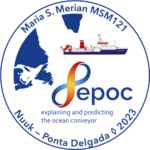 EPOC’s expedition to Flemish Cap and Grand Banks is underway! Sailing on the German research vessel RV Maria S. Merian, the team left Nuuk in Greenland and is heading south through the Labrador Sea to their first work area just north of Flemish Cap in the NW Atlantic – which lies about 560km east of Newfoundland.
EPOC’s expedition to Flemish Cap and Grand Banks is underway! Sailing on the German research vessel RV Maria S. Merian, the team left Nuuk in Greenland and is heading south through the Labrador Sea to their first work area just north of Flemish Cap in the NW Atlantic – which lies about 560km east of Newfoundland.
This expedition – MSM121 – marks the start of EPOC’s 2-year field experiment to determine over what scales (time and space) large-scale ocean circulation works as a coherent pattern, and where atmospheric drivers and/or internal ocean processes cause that coherence to break down.
The Flemish Cap region of the Atlantic Ocean is interesting because it lies at the transition between the cold, subpolar waters of the Labrador Current and warmer, subtropical waters influenced by the Gulf Stream. The mixing of the warmer and colder waters over the Grand Banks plateau produces clockwise ocean circulation over the Flemish Cap. However, the oceanography in this area is complex, and is one of the areas where the coherent large-scale ocean circulation is thought to get messy – which is why EPOC is deploying new instruments here to measure the flow of water masses and better understand the dynamics.
The team on board the Merian, led by University of Bremen’s Christian Mertens, will deploy tall moorings north of Flemish Cap and south of Grand Banks to measure temperature, salinity and flow strength in the water column, from the seafloor up to about 500m below sea surface. In addition, an array of pressure sensors (PIES – pressure-inverted echo sounders) will be deployed at the seafloor to provide further measurements of ocean physics, including the speed of water movement.
The instruments deployed during this expedition will stay in place for 2 years. In 2024, another expedition will collect the first year’s worth of data but leave the instruments in place, to be finally retrieved in 2025.
During the expedition, researchers Maria Jesus Rapanague and Ilmar Leiman will be sending regular updates from the ship for our MSM121 expedition blog, so you can follow all the action on board. More information about the expedition – where we’re going, what we’re doing and why – is available here, and please also check our social media feeds for updates:
X @EPOCproject
Insta @epoc_eu
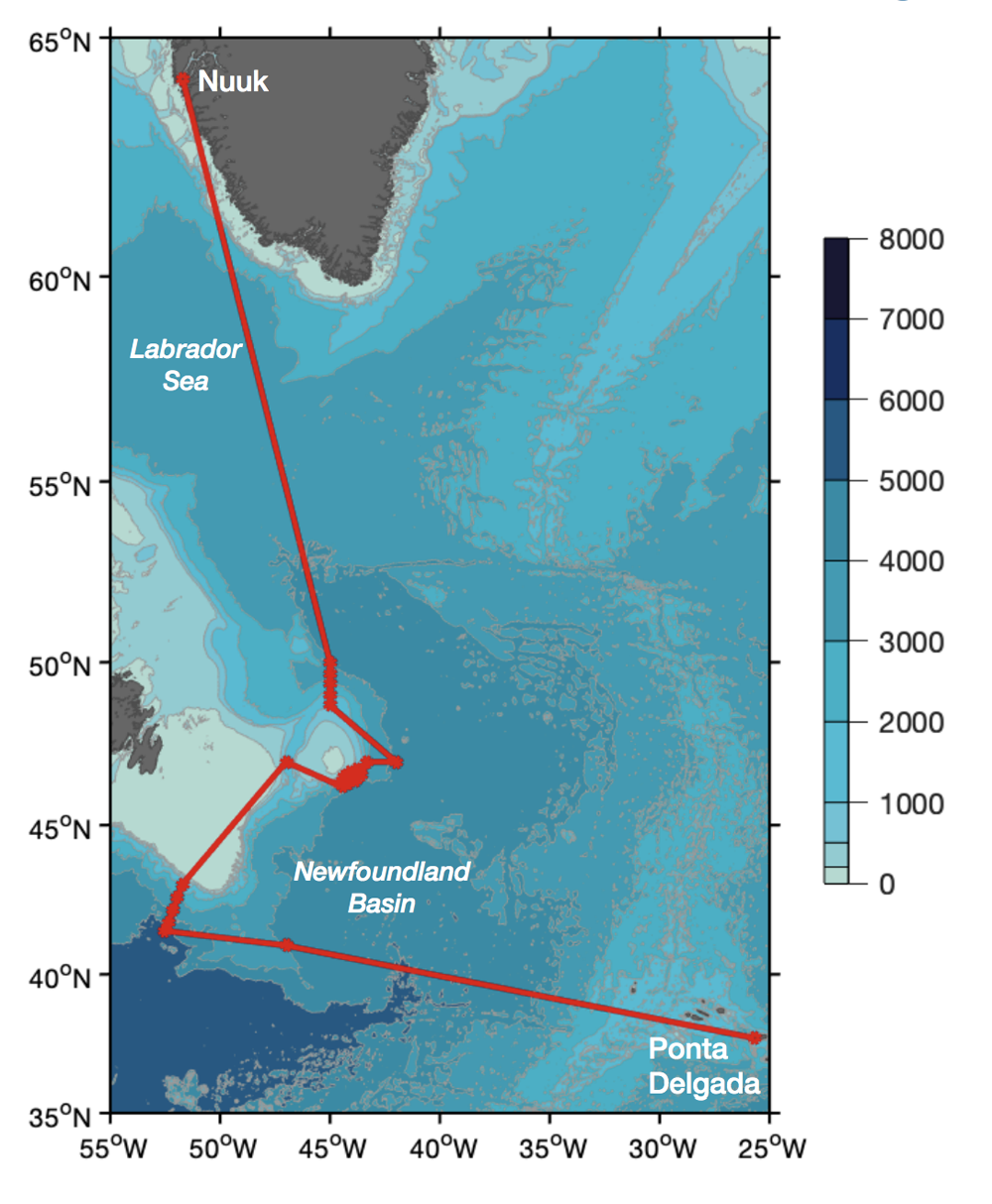
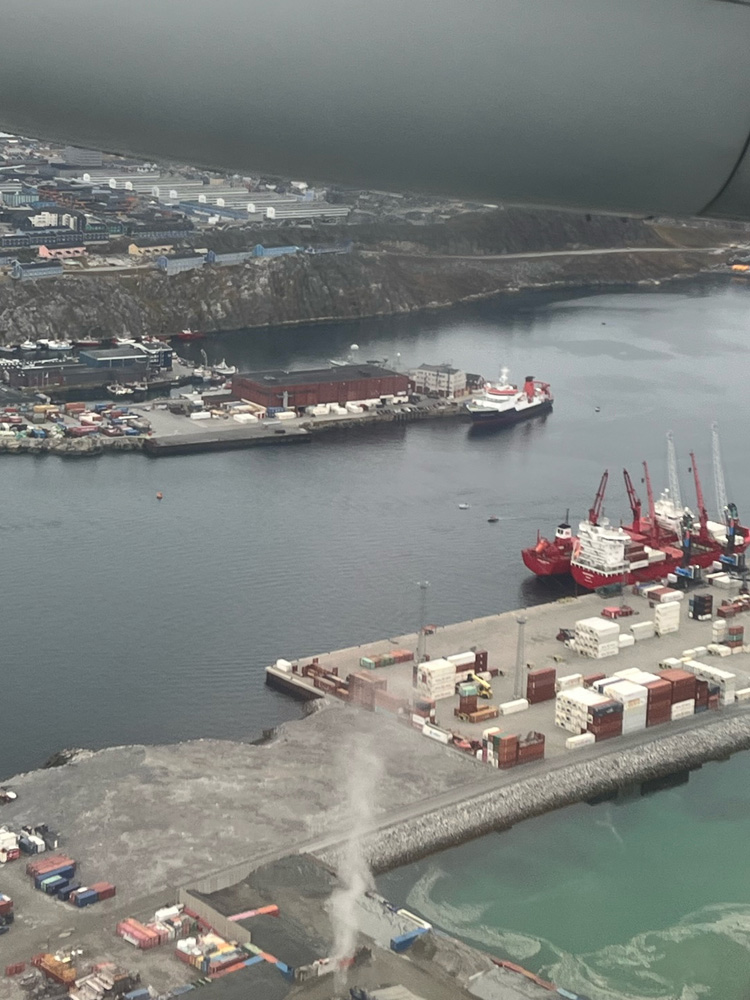
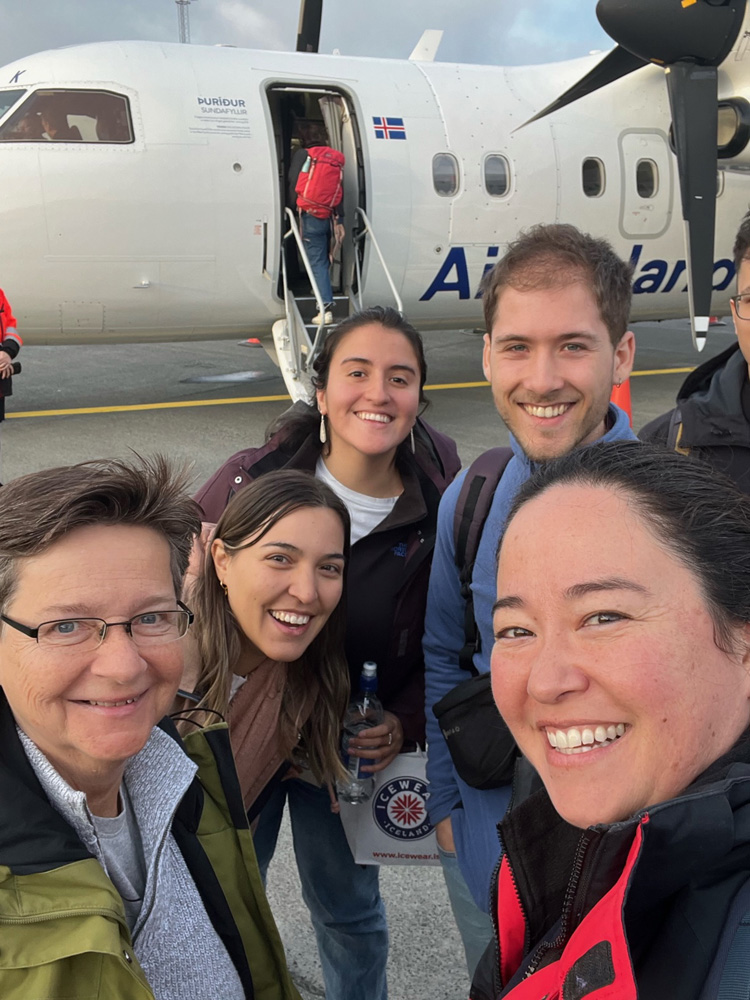
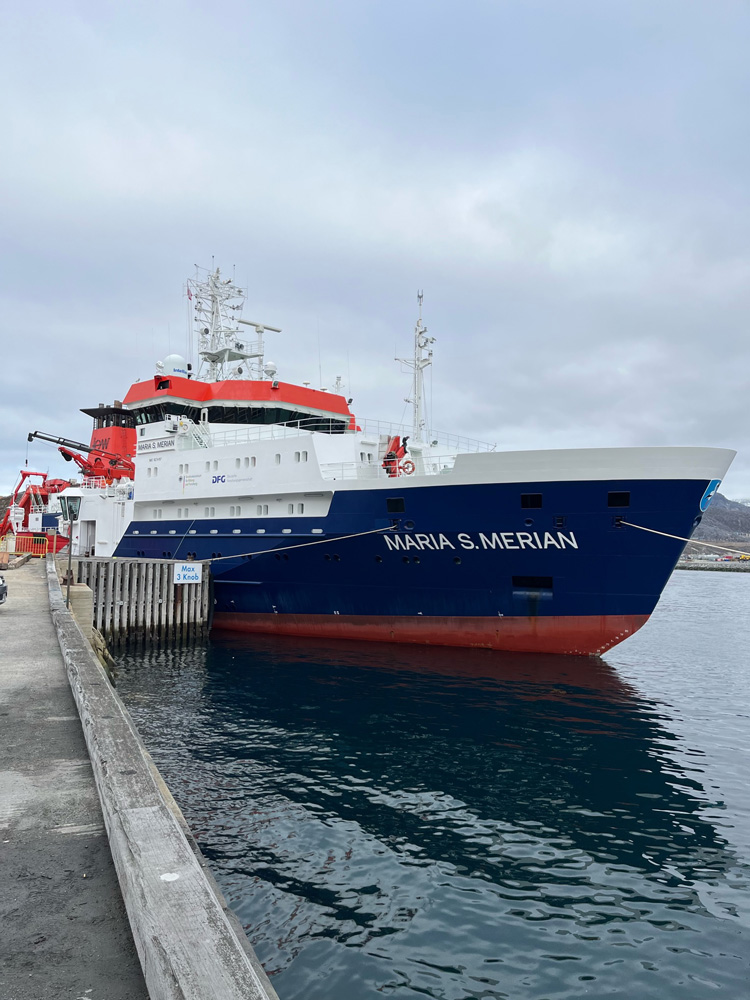
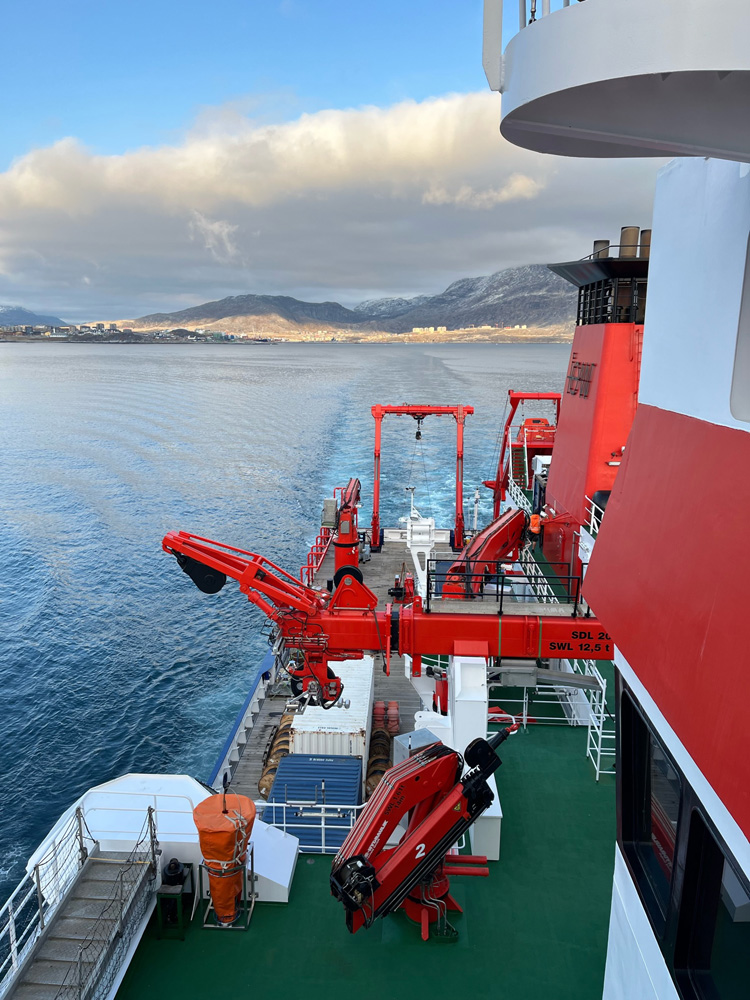
[Photos above courtesy Eleanor Frajka-Williams]
